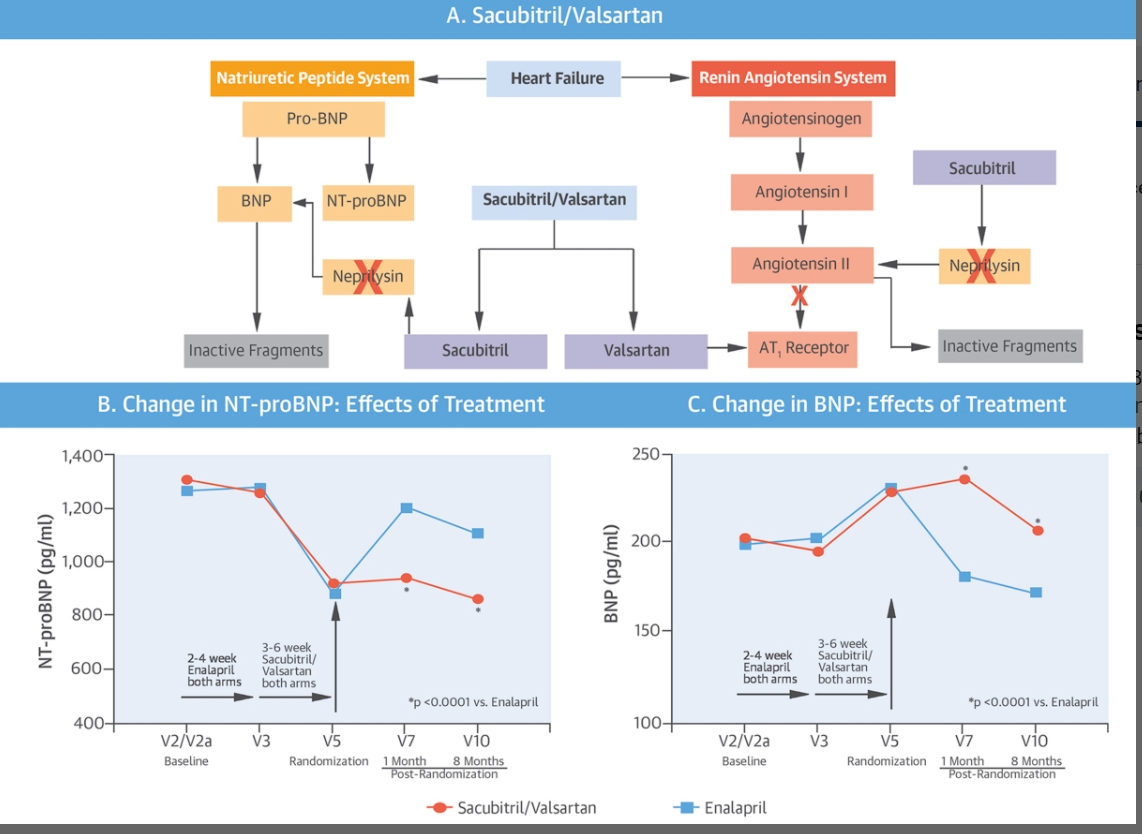Daily Coffee Drinking Is Associated with Lower Risks of Cardiovascular and Total Mortality in a General Italian Population: Results from the Moli-sani Study
Emilia Ruggiero, The Journal of Nutrition, 31 December 2020
Background
An inverse relationship between coffee intake and mortality has been observed in several population cohorts, but rarely within Mediterranean countries. Moreover, the biological pathways mediating such an association remain unclear.
Objectives
We assessed the associations between coffee consumption and total and cause-specific mortality and examined the mediating roles of N-terminal pro B–type natriuretic peptide (NTproBNP), high-sensitivity Troponin I, blood glucose, lipid metabolism, and selected biomarkers of inflammation and renal function.
Methods
We longitudinally analyzed data on 20,487 men and women (35–94 years old at baseline) in the Moli-sani Study, a prospective cohort established in 2005–2010. Individuals were free from cardiovascular disease (CVD) and cancer and were followed-up for a median of 8.3 years. Dietary data were collected by a 188-item semi-quantitative FFQ. Coffee intake was standardized to a 30-mL Italian espresso cup size. HRs with 95% CIs were calculated by multivariable Cox regression.
Results
In comparison with no/rare coffee consumption (up to 1 cup/d), HRs for all-cause mortality across categories of coffee consumption (>1 to ≤2, >2 to ≤3, >3 to ≤4 and >4 cups/d) were 0.79 (95% CI, 0.65–0.95), 0.84 (95% CI, 0.69–1.03), 0.72 (95% CI, 0.57–0.92), and 0.85 (95% CI, 0.62–1.12), respectively. For CVD mortality, a nonlinear (P for non-linearity = 0.021) J-shaped association was found (magnitude of the relative reduction = 37%; nadir at 3–4 cups/d). Circulating levels of NTproBNP explained up to 26.4% of the association between coffee and all-cause mortality, while systolic blood pressure was likely to be on the pathway between coffee and CVD mortality, although to a lesser extent.
Conclusions
In this large cohort of Italian adults, moderate consumption (3–4 cups/d) of Italian-style coffee was associated with lower risks of all-cause and, specifically, of CVD mortality. Among the known biomarkers investigated here, NTproBNP likely mediates the relationship between coffee intake and all-cause mortality.














